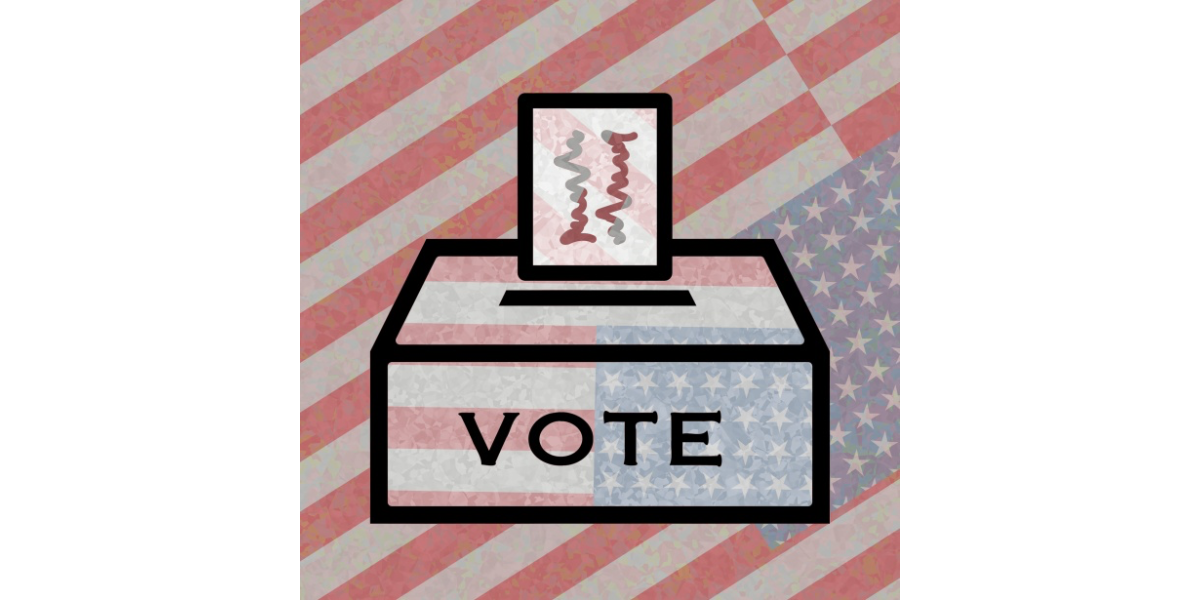The Americans with Disabilities Act protects voting rights for people with disabilities, but 32 years after its passage, voters with disabilities still experienced barriers to participating in the polls. In this election cycle, some particularly significant issues included a lack of poll worker training on using ADA-compliant voting equipment and poll workers not properly addressing challenges that prevent people with disabilities from voting.
Poll Workers Don’t Know How To Use ADA-Compliant Voting Equipment
Some of my colleagues at RespectAbility have reported going to polling places with ADA-compliant voting equipment for filling and printing out their ballots, with no trained poll workers available who knew how to use these machines. Unfortunately, they are not the only ones to have this experience. For example, the New York Times pointed out a case in Texas where a voter with muscular dystrophy used an electronic ballot device at her polling place with a remote. However, no one at the polling place knew how to use the device, so the voter had to figure it out independently, and it was still difficult for her to read the screen.
When I worked as a poll worker for the Orange County, Florida Supervisor of Elections, all early voting sites had a technician who knew how to set up a machine called an ExpressVote, and how to guide voters on using it. Likewise, for election day, those who operate tabulators, the devices where voters drop off their ballots, received training on setting up and using the ExpressVote machine. Since my county in Florida was able to easily provide this training, it does not seem appropriate that anyone with a disability should be forced to struggle using assistive technology to fill out their ballots.
Poll Workers Do Not Properly Address Voters Who Require Assistance With Their Ballots
Voters have a legal right for assistance either by the person of their choice, or a poll worker. This is black letter law. Yet we continually hear stories of disrespectful and unhelpful poll workers who either refuse to help, or rudely interfere with the person trying to exercise their right. For example, Erica Mones, one of my fellow apprentices at RespectAbility, described the embarrassment she faced in this year’s primary election when a poll worker shouted out that she had to fill out the ballot herself. Instead, he should have asked Erica and her mother quietly that they needed to go back and sign an oath stating that she had given her mom permission to help her fill out the ballot.
As a poll worker, I learned that it is easy for anyone to request assistance if they want help filling out their ballot. Voters can be assisted after signing a declaration requesting aid. Poll workers do not need to ask questions about a voter’s disability.
There is no excuse for creating barriers for people with disabilities regarding voting. All polling places should have ADA-compliant equipment and trained staff on-site to guide people who need to use it. And poll workers should ensure that people with disabilities can receive assistance in voting from a person of their choice. Voting should be an easy and pleasant experience for people with and without disabilities.

Be First to Comment